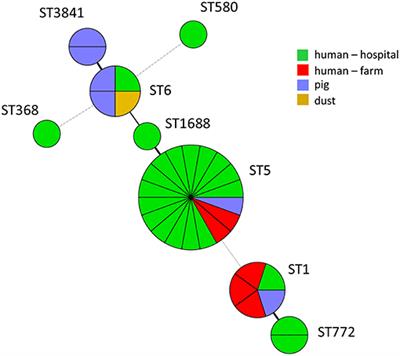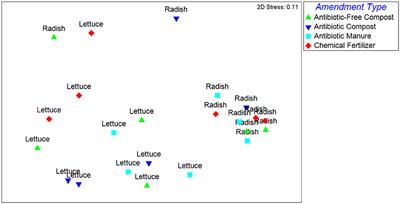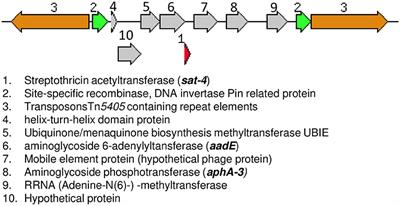ORIGINAL RESEARCH
Published on 08 May 2019
MRSA in Pigs and the Environment as a Risk for Employees in Pig-Dense Areas of Sri Lanka

doi 10.3389/fsufs.2019.00025
- 4,523 views
- 16 citations
6,756
Total downloads
36k
Total views and downloads
ORIGINAL RESEARCH
Published on 08 May 2019

ORIGINAL RESEARCH
Published on 16 Apr 2019

ORIGINAL RESEARCH
Published on 10 Apr 2019

ORIGINAL RESEARCH
Published on 26 Mar 2019

ORIGINAL RESEARCH
Published on 13 Dec 2018
